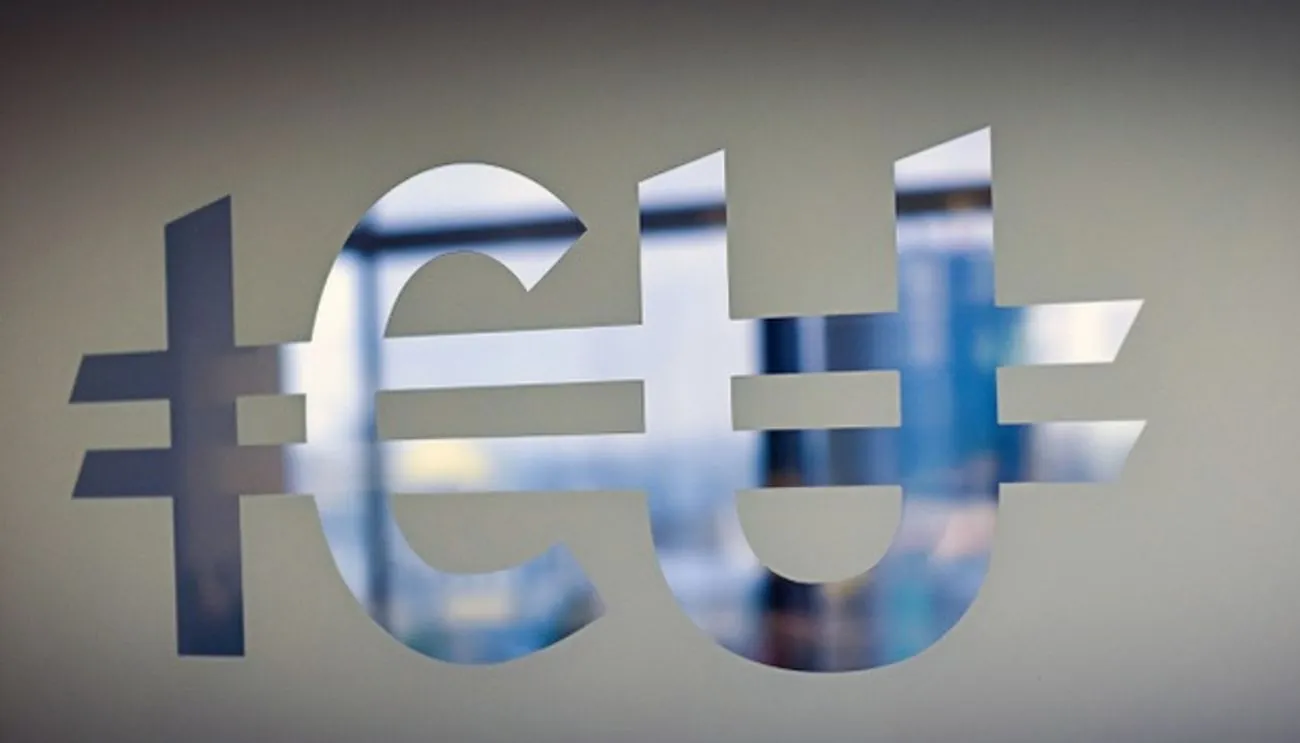“ICU risks losing its license and facing sanctions for blocking Ukrainian investors and systematic cooperation with the Russian FederationThe Ukrainian financial group ICU may face sanctions and loss of licenses due to cooperation with Russian state-owned businesses,
in particular VTB, and aggressive behavior in the debt restructuring market. The company bought LPN debt securities of “Alfa-Bank”
and blocked restructuring, and also had ties with Burger King Russia.
”, — write: unn.ua
Citing his own sources in the industry, he suggests that ICU risks losing licenses in Ukraine and the UK, and its management faces an investigation in connection with the use of offshore structures and pressure on other creditors.
Specifically, ICU reportedly bought LPN debt securities, linked to the former “Alfa-Bank”, at a large discount, after which it blocked restructuring that dozens of influential Ukrainian families had already agreed to. The company initiated the replacement of the international agent BNY Mellon with GLAS — a less known player working with distressed assets, which raised concerns about a hostile takeover of the restructuring process.
In the documents of the British company FPP Asset Management LLP, which controlled some EMIS Finance B.V. bonds, ICU is directly mentioned as the majority owner. Notably, FPP simultaneously featured in a joint SPAC project with VTB Capital, and among its partners was Kyrylo Zimarin — the former CEO of the Cypriot RCB Bank, which was part of the VTB group. Zimarin is currently the owner of the financial company Finstella.
According to insiders, ICU also participated in the Burger King Russia business — together with VTB. The company announced its withdrawal after the invasion, but as of October 2023, according to the BBC, it still owned 35% of the network’s Russian franchisee.
According to the author’s sources, if violations are proven, ICU faces:
– sanctions from the EU and the National Security and Defense Council of Ukraine;
– loss of financial licenses in Britain;
– asset freezing and a reputational disaster amidst market transparency.
As sources note, British regulators are closely monitoring the behavior of financial intermediaries. If it is proven that ICU, through FPP and GLAS, is creating an infrastructure to pressure the market and mask the true beneficiaries — the company may face accusations of violating professional ethics.
It is reported that requests with a number of direct questions have been sent to the group. ICU has not yet responded to the journalist’s information request.
